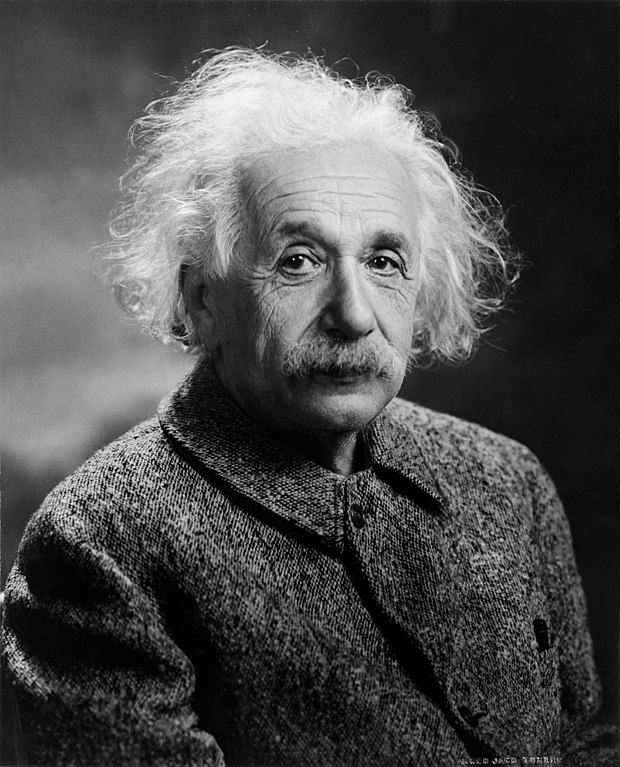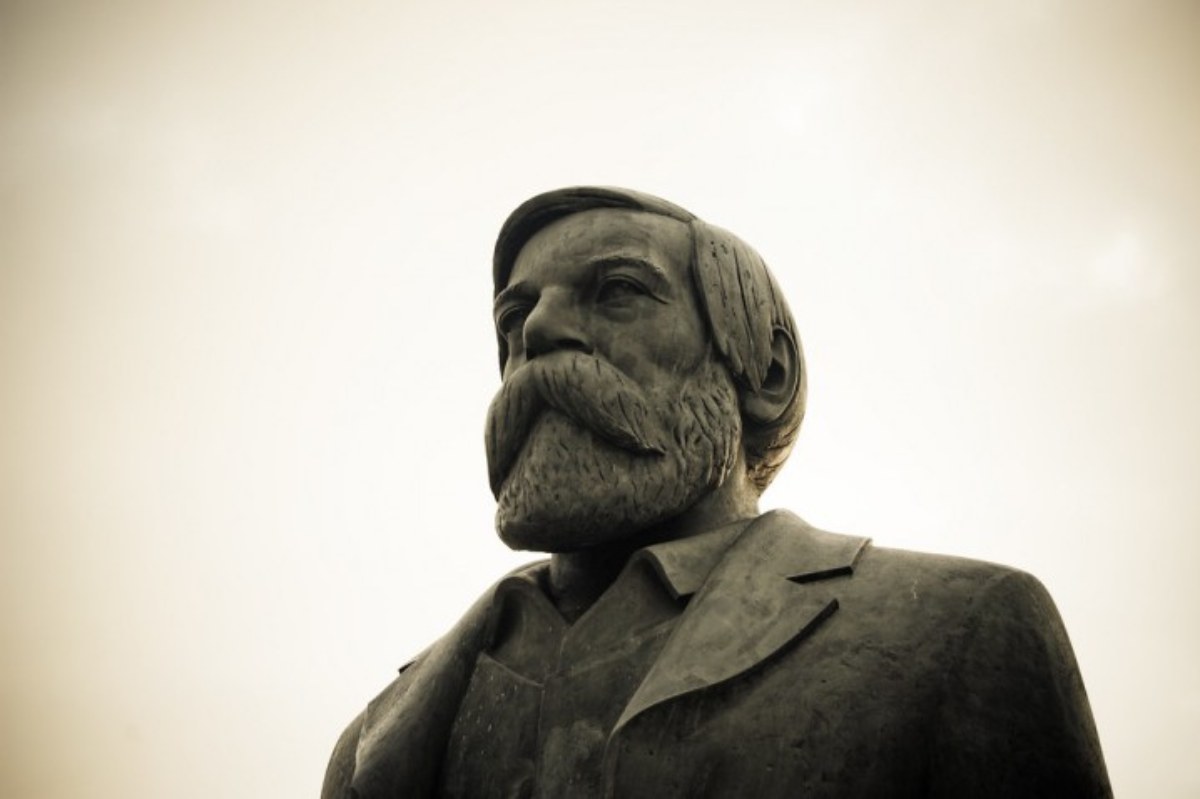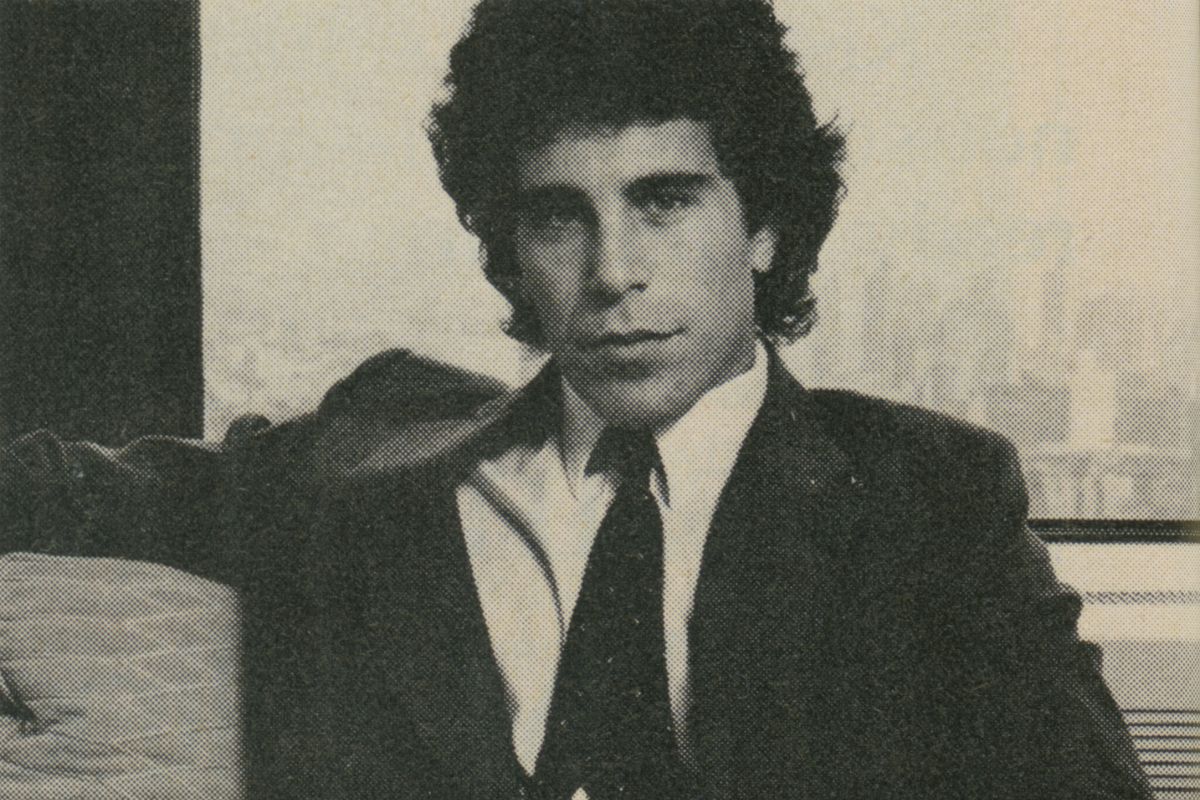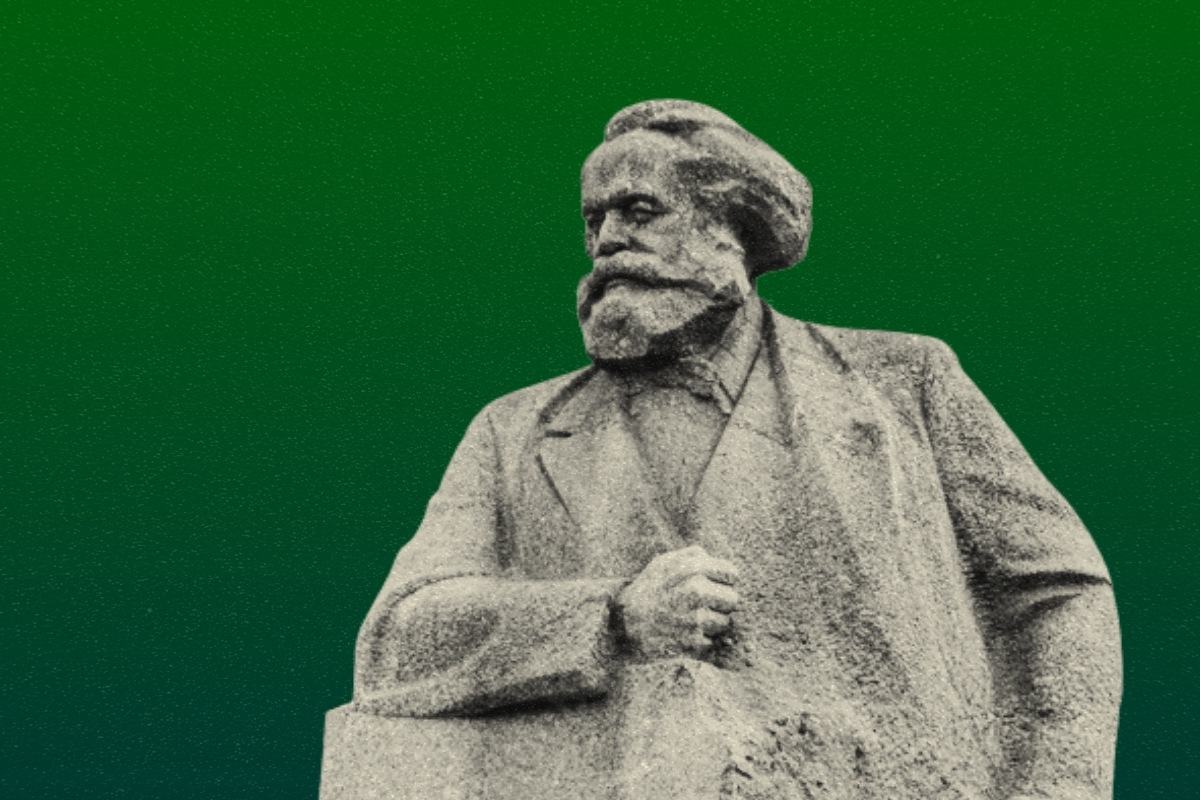It often appears as though scientists stand above society; that, armed with the ‘scientific method’, they work tirelessly and single-mindedly on one thing and one thing only: to prove, objectively, what is and what isn’t.
Scientists, therefore, tend to be seen as trustworthy. A 2019 Ipsos Mori study found that globally, 60% of those polled trusted scientists.
But the idea that science takes place in a vacuum – free from political influence or economic pressure – is a misconception; albeit one that is rapidly being corrected.
In times of crisis, trust is a very useful thing to have. It must come as a source of great concern, for Johnson, Trump, and their ilk, then, that they are members of one of the least trusted professions in the world!
The already cited Ipsos Mori study found that only 9% of people trust politicians – the lowest level of trustworthiness among all the groups polled.
There is good reason for this: the typical politician does not represent the interests of the working class, the vast majority of society. Before this pandemic, tax cuts for big business and austerity for the poor had already made this abundantly clear.
In addition, as the contagion spread, politicians around the world delayed taking the decisive action needed to halt the virus’ spread, causing thousands of unnecessary deaths. This inertia was out of concern for the profits of their big business buddies.
They
– Ignored WHO scientists
– Ignored The Lancet
– Ignored their own simulation
– Picked scientists they liked
– Blocked contributions from Scottish and Welsh science officials
– Gave Dominic Cummings a seat the SAGE committee that a scientist should have hadNow this shit ? https://t.co/nNrlU3jO7k
— Russ (@RussInCheshire) May 11, 2020
Leaning on science
In order to make their actions palatable to distrustful populations, politicians have leaned on the trusted institution of science, solemnly declaring that they have been “following the science”.
On 12 March, with the coronavirus already spreading in the UK, Boris Johnson, supported by his chief medical officer and chief scientific adviser, explained that he would not impose an early lockdown. He cited “expert opinion”, which apparently suggested that people would simply get tired and disobey stay-at-home orders later on, precisely when they were most crucial.
That ‘the science’ chimed with the interests of the bosses was pure coincidence, it would seem. Or might it have had something to do with the presence of Dominic Cummings – the wannabe Rasputin of Downing Street – on the government’s official scientific advisory panel, SAGE?
The fact of the matter is, as the Economist recently noted, that “evidence can be found for many different policy responses” to the pandemic.
Rather than working through this uncertainty to determine the measures that would save most lives, it is clear that Johnson and Cummings already had a ‘policy response’ (protecting profits) in mind.
And then they searched for the pieces of evidence supporting this foregone conclusion. The scientists sitting on SAGE, under the watchful eyes of Cummings (many of whom, incidentally, depend on the government for their funding), were only too happy to oblige.
This is a concrete illustration of a very general fact: it is impossible to extricate science from the pressures of wider society. The capitalist class and their political handmaidens will use every tool they can in order to defend their privileges.
In the process, they amplify the science that fits their interest, and cover up that which doesn’t. Recently, for example, it was revealed that the government redacted those sections of a publicly released SAGE report criticising some of its plans for more punitive enforcement measures.
Criticism of some government lockdown proposals have been heavily redacted in a recently published official report by a SAGE subcommittee, The scientific advisors are furious at what they see as an attempt by govt to stifle criticism. https://t.co/M26KLwiwj7
— Mandoline Word-Smith (@Mandoline_Blue) May 8, 2020
Capitalism and science
 It is not just a question of what science politicians use; it is also a question of how they use it. Under capitalism, characterised by imperialism and war, many discoveries that have the potential to lift millions out of poverty and suffering are turned to destructive ends.
It is not just a question of what science politicians use; it is also a question of how they use it. Under capitalism, characterised by imperialism and war, many discoveries that have the potential to lift millions out of poverty and suffering are turned to destructive ends.
Albert Einstein and other early pioneers of nuclear physics, for example, were horrified when their discoveries in the field of nuclear fission – promising nearly limitless energy – were instead used to construct the horrific weapons of mass destruction known as nuclear bombs.
Einstein drew the conclusion that, if he wanted his discoveries to be employed towards socially beneficial ends, he would have to fight for economic and social change. He therefore declared himself a socialist.
In explaining this, the famous physicist wrote: “Science, however, cannot create ends and, even less, instill them in human beings; science, at most, can supply the means by which to attain certain ends.”
Erosion of trust
Science, then, has always been inextricably linked with (and dominated by) the economic system in which it is conducted. And at present, the COVID-19 pandemic is mercilessly laying bare the underlying contradictions and fault lines of science under capitalism, taking the shine off this once hallowed institution.
In this period, politicians’ attempts to use ‘science’ to cover for their callous decisions clearly reveal the barriers to science under capitalism. In a period where we are particularly dependent on scientific advice for our decision-making, this causes a fatal erosion of trust.
On this fertile ground, conspiracy theories are sprouting, with some claiming that the pandemic is a ‘hoax’. This threatens to undermine efforts to contain the virus.
In order to root out this dangerous symptom, we have to combat the underlying disease: people are distrustful of science because it is used by establishment politicians around the world to justify their harmful decisions.
Realm of freedom
 If science – and those who conduct it – are subject to the same economic and political pressures as everyone else, then it is clear that the change needed to prevent science from being used for ill ends cannot come from within it. Instead, to change science, we must change society.
If science – and those who conduct it – are subject to the same economic and political pressures as everyone else, then it is clear that the change needed to prevent science from being used for ill ends cannot come from within it. Instead, to change science, we must change society.
Politics, Lenin once said, is concentrated economics. Capitalist politicians represent and defend the interests of big business. They will use science to cover for their callous decisions, favouring the few over the many.
Only when we have political representatives who truly represent the masses – who are accountable to us and who act in our interest – can we ensure that science is used, instead, in the interests of society.
To break the capitalist class’ stranglehold on politics and science, therefore, we must break their economic power. We must fight for a system run by working people and in our interests.
We must struggle against dishonest politicians and for honest science. We must struggle for a science that can live up to its ideals and contribute towards elevating mankind from the “realm of necessity to the realm of freedom”, in Frederick Engels’ poetic words.
This must be a fight by the organised working class to take the means of production into its own hands. It is the fight, in a word, for socialism.






